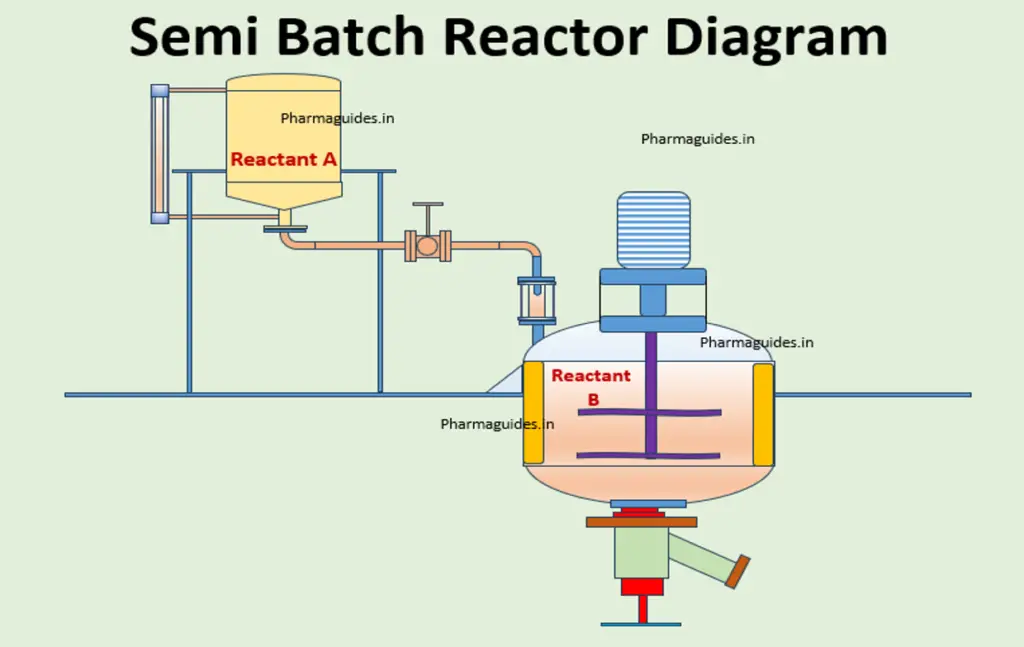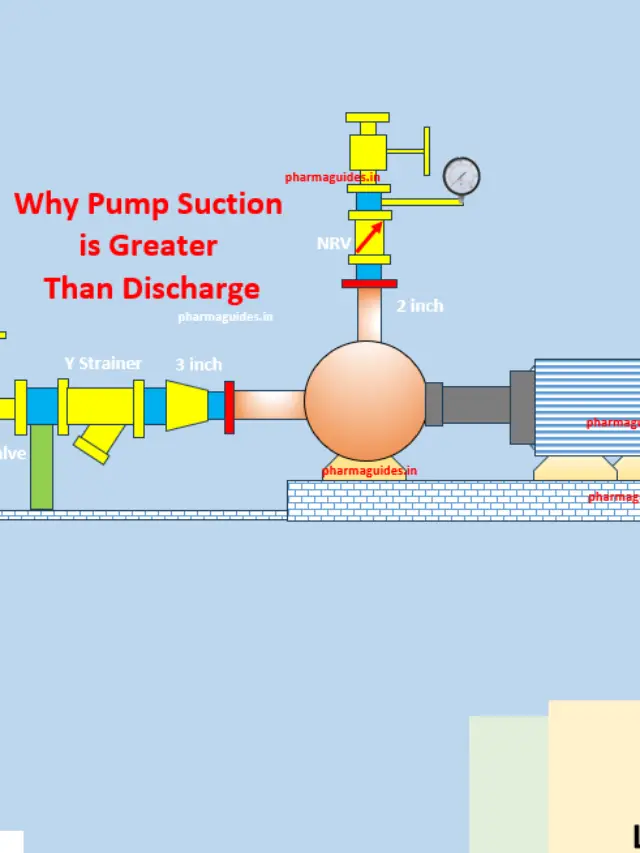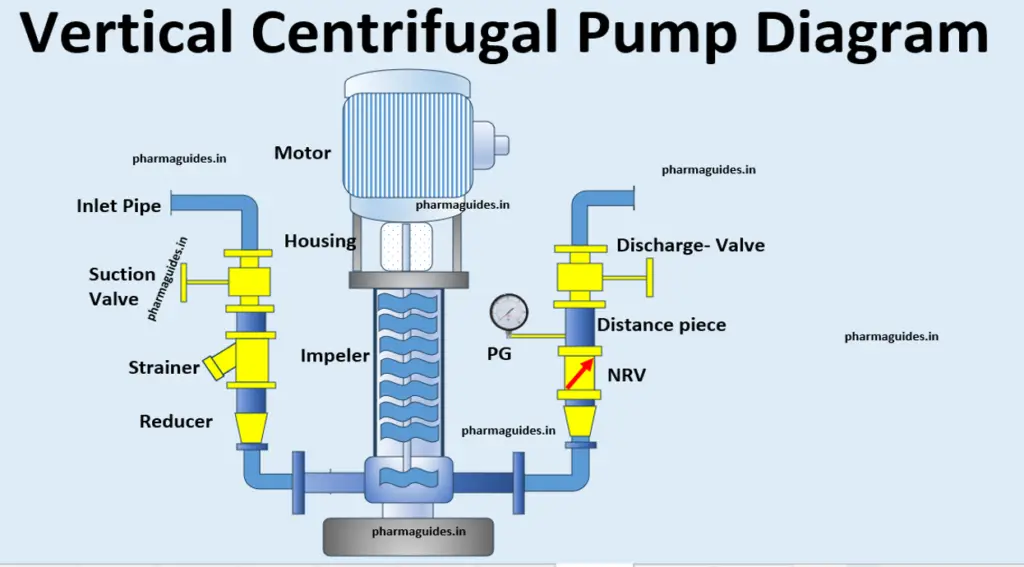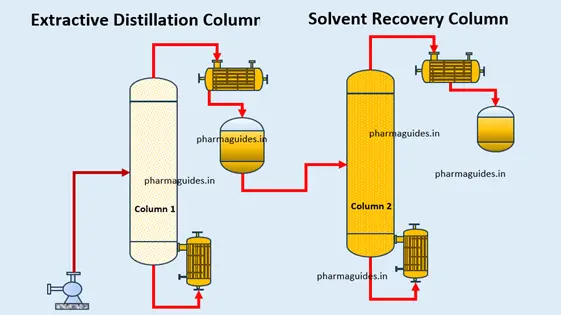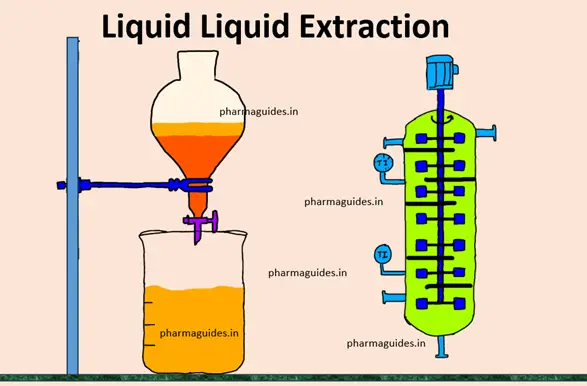Lithium Ion Battery Business | How to Start, Profit & All
Article Contents
Lithium Ion Battery | How to Start Battery Business

Lithium Ion Battery Business :- Lithium-ion (Li-ion) batteries represent a revolutionary advancement in energy storage technology, playing a pivotal role in powering a wide array of portable electronic devices and electric vehicles. Comprising lithium-ion cells, these batteries offer a high energy density, allowing for a compact and lightweight design. The basic structure includes a positive electrode (cathode), a negative electrode (anode), and an electrolyte that facilitates the movement of lithium ions between the electrodes during charging and discharging, battery business.
One of the key advantages of Li-ion batteries is their rechargeability, providing a longer lifecycle compared to traditional battery technologies. The absence of memory effect, which can impact the battery’s capacity over time, further enhances their durability. The widespread adoption of Li-ion batteries has contributed to the proliferation of electric vehicles, offering an efficient and environmentally friendly alternative to traditional combustion engines, battery business.
Despite their numerous benefits, challenges such as safety concerns and the reliance on limited global lithium resources persist. Continuous research and development aim to address these issues, pushing the boundaries of energy storage technology and paving the way for a sustainable and increasingly electrified future.
Lithium Ion Battery Business
The lithium-ion battery business is a dynamic and rapidly growing sector within the energy storage industry. As the demand for electric vehicles (EVs), portable electronic devices, and renewable energy storage solutions continues to rise, lithium-ion batteries have become the go-to technology due to their high energy density and rechargeable nature.
Business Overview: Starting a lithium-ion battery business involves various aspects, from manufacturing and distribution to research and development. Here’s an overview, battery business:
- Manufacturing: Establishing a manufacturing facility requires significant capital investment. This includes procuring the necessary equipment for cell production, assembly lines, and quality control measures.
- Research and Development: Investing in R&D is crucial for staying competitive. Innovations in battery chemistry, materials, and design can lead to more efficient and cost-effective products.
- Supply Chain Management: Building a reliable supply chain for raw materials, especially lithium, cobalt, and nickel, is essential. Securing long-term contracts with suppliers helps ensure a steady flow of materials.
- Regulatory Compliance: Adhering to safety and environmental regulations is paramount. Lithium-ion batteries can pose safety risks if not handled properly, so compliance with industry standards is a priority.
- Market Analysis: Conducting thorough market research helps identify target markets, understand consumer needs, and assess the competitive landscape. Identifying niche markets or specific applications can be beneficial, battery business.
Challenges and Opportunities:
- Safety Concerns: Addressing safety concerns associated with lithium-ion batteries is critical. Continuous improvements in battery management systems and safety features are essential.
- Environmental Impact: Developing sustainable and environmentally friendly practices, including recycling programs, helps mitigate the environmental impact of battery disposal.
- Global Expansion: Considering the global nature of the industry, exploring international markets and partnerships can open up new opportunities.
Future Trends:
- Energy Storage: Lithium-ion batteries play a pivotal role in grid-level energy storage solutions, supporting the integration of renewable energy sources.
- Electric Vehicles: With the growing shift toward electric vehicles, the demand for lithium-ion batteries in the automotive sector is expected to skyrocket.
Battery Business
The battery business encompasses manufacturing, distribution, and innovation in energy storage solutions. With a surge in electric vehicles, renewable energy, and portable devices, the demand for batteries, particularly lithium-ion, is robust. Entrepreneurs entering the battery market should emphasize safety, regulatory compliance, and sustainable practices. Establishing a reliable supply chain for raw materials is crucial. Innovations in battery technology, coupled with strategic market analysis, can position businesses for success. As the industry evolves, opportunities in grid-level energy storage and advancements in recycling technologies present avenues for growth. Successful battery businesses navigate challenges by prioritizing safety, environmental responsibility, and staying ahead of market trends.
Battery Business Ideas
- Lithium-ion Battery Manufacturing: Start a manufacturing facility for lithium-ion batteries, catering to the growing demand for electric vehicles, renewable energy storage, and portable electronics.
- Battery Recycling Services: Establish a business focused on collecting, recycling, and repurposing used batteries, contributing to environmental sustainability.
- Custom Battery Packs: Specialize in assembling custom battery packs for specific applications, such as medical devices, robotics, or industrial equipment.
- Battery Retail and Distribution: Create an online or physical store specializing in selling a variety of batteries for consumer electronics, vehicles, and industrial use.
- Battery Testing and Certification: Provide testing and certification services for batteries to ensure compliance with safety standards and regulatory requirements.
- Portable Power Banks: Develop and sell portable power banks for charging smartphones, tablets, and other devices on the go.
- Solar Battery Storage Solutions: Focus on integrating batteries with solar energy systems, offering solutions for residential and commercial customers to store and utilize solar power.
- Battery Management Systems (BMS): Design and manufacture battery management systems that optimize the performance, safety, and longevity of battery packs.
- Electric Bicycle Battery Swapping Stations: Set up battery swapping stations for electric bicycles, providing a convenient and efficient way for users to replace depleted batteries.
- Energy Storage Consultancy: Offer consultancy services to businesses and homeowners on the implementation of energy storage solutions, helping them optimize energy consumption and reduce costs.
- Nickel-Metal Hydride (NiMH) Battery Refurbishment: Explore refurbishing and repurposing NiMH batteries, which are still used in various applications, including hybrid vehicles.
- Zinc-Air Battery Development: Investigate the development of zinc-air batteries, an emerging technology with potential applications in renewable energy and electric vehicles.
- Battery Education and Training: Provide training programs and educational materials on battery technology, targeting professionals and enthusiasts seeking expertise in the field.
- Smart Battery Solutions: Develop smart batteries with advanced features such as connectivity, remote monitoring, and predictive maintenance capabilities.
- Battery Safety Equipment: Create and sell safety equipment and accessories related to battery handling, storage, and transportation to ensure compliance with safety standards.
When venturing into the battery business, consider market trends, sustainability, and safety measures to meet the evolving needs of consumers and industries.
Electric Vehicle Battery Business
Establishing an electric vehicle (EV) battery business involves tapping into the rapidly growing market for clean and sustainable transportation. The demand for EV batteries is soaring as the automotive industry shifts towards electrification. To embark on this venture, conduct thorough market research to understand battery technologies, customer preferences, and industry regulations. Choose a niche within the EV battery sector, such as manufacturing, recycling, or research and development. Develop strategic partnerships with automakers or explore opportunities for supplying batteries to existing manufacturers. Emphasize innovation, efficiency, and sustainability in your business model to stay competitive. Given the rising global interest in electric vehicles, venturing into the EV battery business presents a promising opportunity for contributing to a greener and more sustainable future.
Lithium Ion Battery Business Plan
Begin the lithium-ion battery business plan with a concise overview, outlining the company’s mission, vision, and objectives. Highlight the unique value proposition and key market differentiators.
Business Description: Provide a detailed description of the lithium-ion battery business, including the types of batteries produced, target markets, and the overall scope of operations. Discuss the significance of lithium-ion technology in the context of clean energy and sustainability.
Market Analysis: Conduct thorough market research to identify target demographics, industry trends, and competition. Analyze the demand for lithium-ion batteries in electric vehicles, renewable energy storage, and consumer electronics. Explore potential niche markets.
Products and Services: Specify the range of lithium-ion batteries offered, their specifications, and applications. Detail any additional services such as customization, battery management system integration, or recycling services.
SWOT Analysis: Conduct a SWOT analysis to identify internal strengths and weaknesses, as well as external opportunities and threats. Use this analysis to inform strategic decision-making and risk management.
Operational Plan: Outline the manufacturing and operational processes, including the supply chain, quality control measures, and safety protocols. Describe the technology and equipment used in battery production.
Research and Development: Detail plans for ongoing research and development initiatives. Highlight efforts to improve battery efficiency, safety features, and explore emerging technologies in the energy storage sector.
Marketing and Sales Strategy: Define the marketing and sales approach, including branding, promotional activities, and distribution channels. Outline strategies for reaching target customers and building brand awareness.
Financial Projections: Present detailed financial projections, including startup costs, revenue forecasts, and profit margins. Provide a breakdown of anticipated expenses, funding requirements, and a timeline for achieving profitability.
Regulatory Compliance: Address the regulatory landscape associated with lithium-ion batteries. Discuss compliance with safety standards, environmental regulations, and any certifications required for manufacturing and distribution.
Environmental Sustainability: Highlight efforts to minimize the environmental impact of battery production and disposal. Discuss recycling initiatives and sustainability practices in line with industry best practices.
Risk Management: Identify potential risks and outline strategies for mitigating them. Consider factors such as supply chain disruptions, changes in regulations, and market fluctuations.
Team and Leadership: Introduce the key members of the management team, detailing their expertise and roles within the company. Emphasize the collective experience and skills that contribute to the success of the business.
How To Start Battery Business
Starting a battery business involves careful planning, market research, and strategic execution. Here’s a step-by-step guide to help you get started:
- Market Research: Conduct thorough research to understand the demand for batteries in your target market. Identify the types of batteries in demand, such as lithium-ion for electric vehicles or portable electronics.
- Identify Your Niche: Determine whether you want to focus on manufacturing, distribution, recycling, or a specific type of battery technology. Identifying a niche can set your business apart in a competitive market.
- Create a Business Plan: Develop a comprehensive business plan that outlines your business goals, target market, competition, operational plan, marketing strategy, and financial projections. A well-thought-out plan will serve as your roadmap.
- Legal Considerations: Register your business and comply with local, state, and federal regulations. Obtain the necessary licenses and permits. Ensure your business is compliant with safety and environmental standards.
- Supply Chain Management: Establish relationships with reliable suppliers for raw materials. Ensure a steady supply of key components like lithium, cobalt, or nickel, depending on the type of batteries you plan to manufacture.
- Facility Setup: If you’re involved in manufacturing, set up a facility equipped with the necessary machinery for battery production. Pay attention to safety measures and quality control protocols.
- Invest in Research and Development: Stay abreast of the latest advancements in battery technology. Invest in research and development to improve battery efficiency, safety features, and explore new technologies.
- Build a Brand: Develop a strong brand identity that communicates the quality and reliability of your batteries. Consider factors such as branding, packaging, and messaging.
- Marketing and Sales: Create a marketing strategy to reach your target audience. Utilize online and offline channels to promote your products. Consider partnerships with retailers or distributors to expand your reach.
- Quality Control: Implement rigorous quality control measures to ensure the reliability and safety of your batteries. This is crucial, especially in industries where safety standards are paramount.
- Environmental Sustainability: Incorporate environmentally sustainable practices, such as recycling programs, into your business model. Consider the entire lifecycle of your products.
- Customer Service: Provide excellent customer service. Address customer inquiries promptly and offer warranty or support services if applicable.
- Network and Partnerships: Build a network within the industry. Consider partnerships with other businesses or organizations that complement your battery business.
- Financial Management: Manage your finances diligently. Keep track of expenses, revenue, and profit margins. Ensure you have adequate funding to cover startup costs and initial operational expenses.
- Stay Informed: Continuously stay informed about industry trends, technological advancements, and changes in regulations. Adapt your business strategies accordingly.
Remember that the battery industry is dynamic, and staying innovative and adaptable is crucial for long-term success.
Inverter Battery Business Profit Margin
The profit margin in the inverter battery business can vary depending on several factors, including the type of batteries, market conditions, competition, and operational efficiency. Here are some considerations:
- Type of Batteries: The profit margin may differ based on the type of batteries you offer. For example, lead-acid batteries, commonly used in inverters, might have a different profit margin compared to advanced technologies like lithium-ion batteries.
- Market Conditions: The demand for inverter batteries can fluctuate based on factors such as the availability of electricity, economic conditions, and consumer preferences. A growing market may offer better profit opportunities.
- Competition: The level of competition in your region or market segment can impact profit margins. If there are many competitors, pricing pressure may affect margins. Differentiating your products or offering unique features can help maintain healthier margins.
- Operational Efficiency: Efficient manufacturing processes, supply chain management, and distribution can contribute to higher profit margins. Streamlining operations and minimizing waste can improve overall profitability.
- Brand Reputation: A strong brand reputation built on quality, reliability, and customer satisfaction can justify premium pricing, leading to better profit margins.
- Economies of Scale: As production volumes increase, there may be opportunities to benefit from economies of scale. Larger production runs can spread fixed costs over more units, potentially improving profit margins.
- Distribution Channels: Choosing effective distribution channels can impact costs and, consequently, profit margins. Direct sales, partnerships with retailers, or online sales strategies can each have different cost structures.
- Cost Structure: Understanding and managing your cost structure is crucial. This includes factors such as raw material costs, labor, energy, and overhead expenses. Efficient cost management can positively influence profit margins.
- Technological Advancements: Embracing advancements in battery technology and manufacturing processes can enhance the value proposition of your products, potentially allowing for higher pricing and better margins.
It’s important to conduct a detailed financial analysis as part of your business planning. Consider consulting with industry experts or financial advisors to better understand the specific factors influencing profit margins in your region and industry segment. Additionally, staying informed about market trends and regularly reviewing and adjusting your business strategies can help maintain and improve profit margins over time.
How to Start a Lithium-Ion Battery Business?
To initiate a lithium-ion battery business, conduct thorough market research, create a comprehensive business plan, and focus on aspects such as manufacturing or distribution, regulatory compliance, and sustainability practices.
Is Lithium-Ion Battery in Demand?
Certainly, lithium-ion batteries are highly sought after due to their widespread use in electric vehicles, portable electronics, and renewable energy storage solutions. The global shift towards clean energy is driving substantial demand for these batteries.
How Big is the Lithium-Ion Battery Industry?
The lithium-ion battery industry is substantial and experiencing robust growth. With the increasing adoption of electric vehicles and renewable energy technologies, the industry is poised for significant expansion in the coming years.
Who is the Biggest Producer of Lithium-Ion Batteries?
As of my last knowledge update in January 2022, companies like Tesla, Panasonic, LG Chem, and Contemporary Amperex Technology Co. Limited (CATL) are among the largest producers of lithium-ion batteries globally.
Who is the Biggest Buyer of Lithium?
The electric vehicle industry stands as the largest buyer of lithium, driven by the demand for lithium-ion batteries. Other industries, such as consumer electronics and renewable energy, also contribute significantly to lithium consumption.
Who is the Number 1 Producer of Lithium?
As of my last update, Australia is one of the leading producers of lithium globally. Other significant producers include Chile, China, and Argentina.
Which is the No. 1 Battery Brand in India?
As market dynamics can change, it’s advisable to check the latest market trends. As of my last update, brands like Exide, Amara Raja, and Luminous were prominent players in the Indian battery market.
Who Mines Lithium in India?
India has limited lithium resources, and most of the lithium used in the country is imported. Exploration and extraction efforts are ongoing, but India primarily relies on imports to meet its lithium needs.
What Country is Richest in Lithium?
As of my last knowledge update, Chile was considered one of the richest countries in lithium reserves globally. Other countries with significant lithium resources include Australia, Argentina, and China.
How to earn Up to 100 dollar daily from Fiverr







